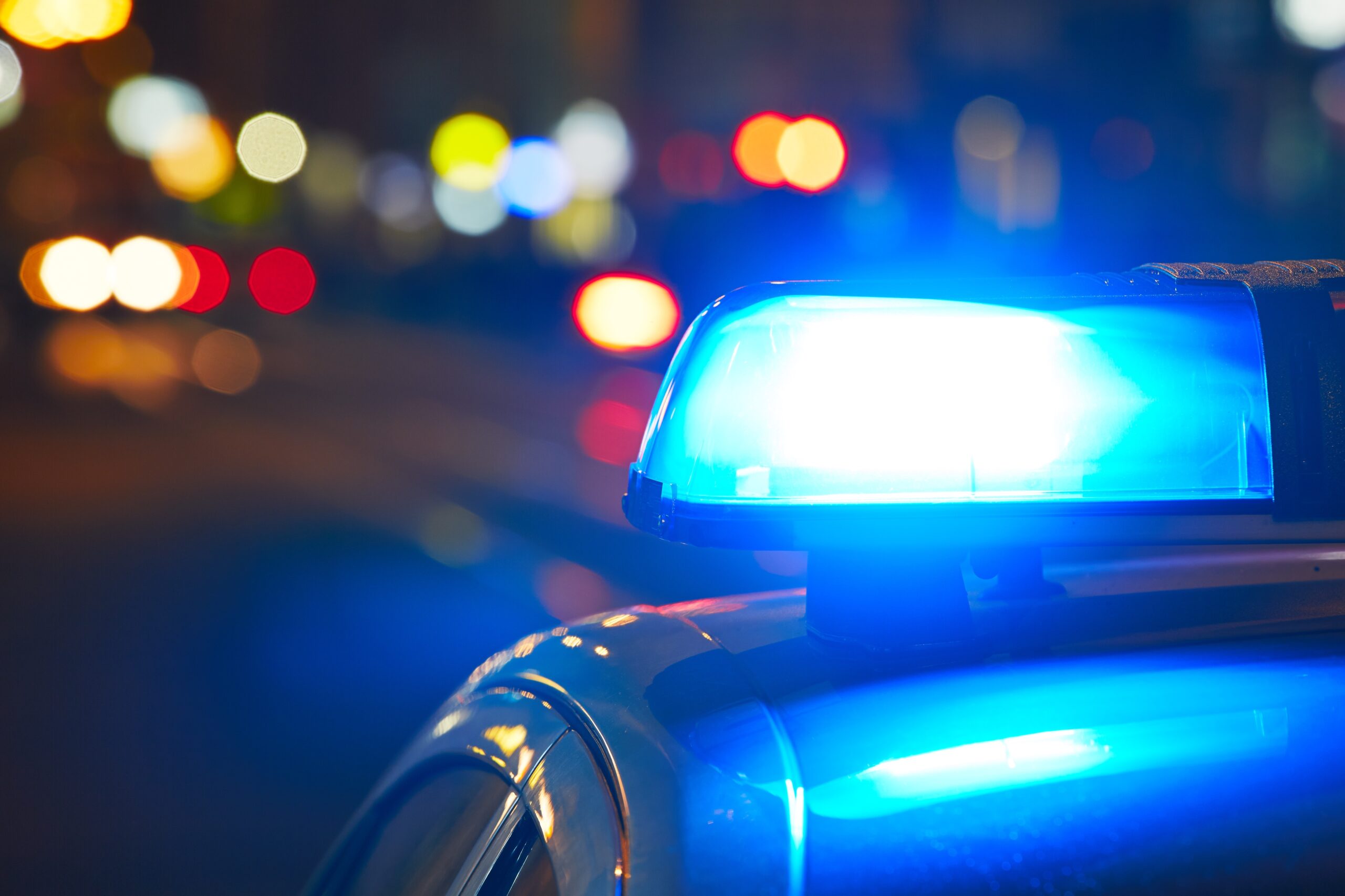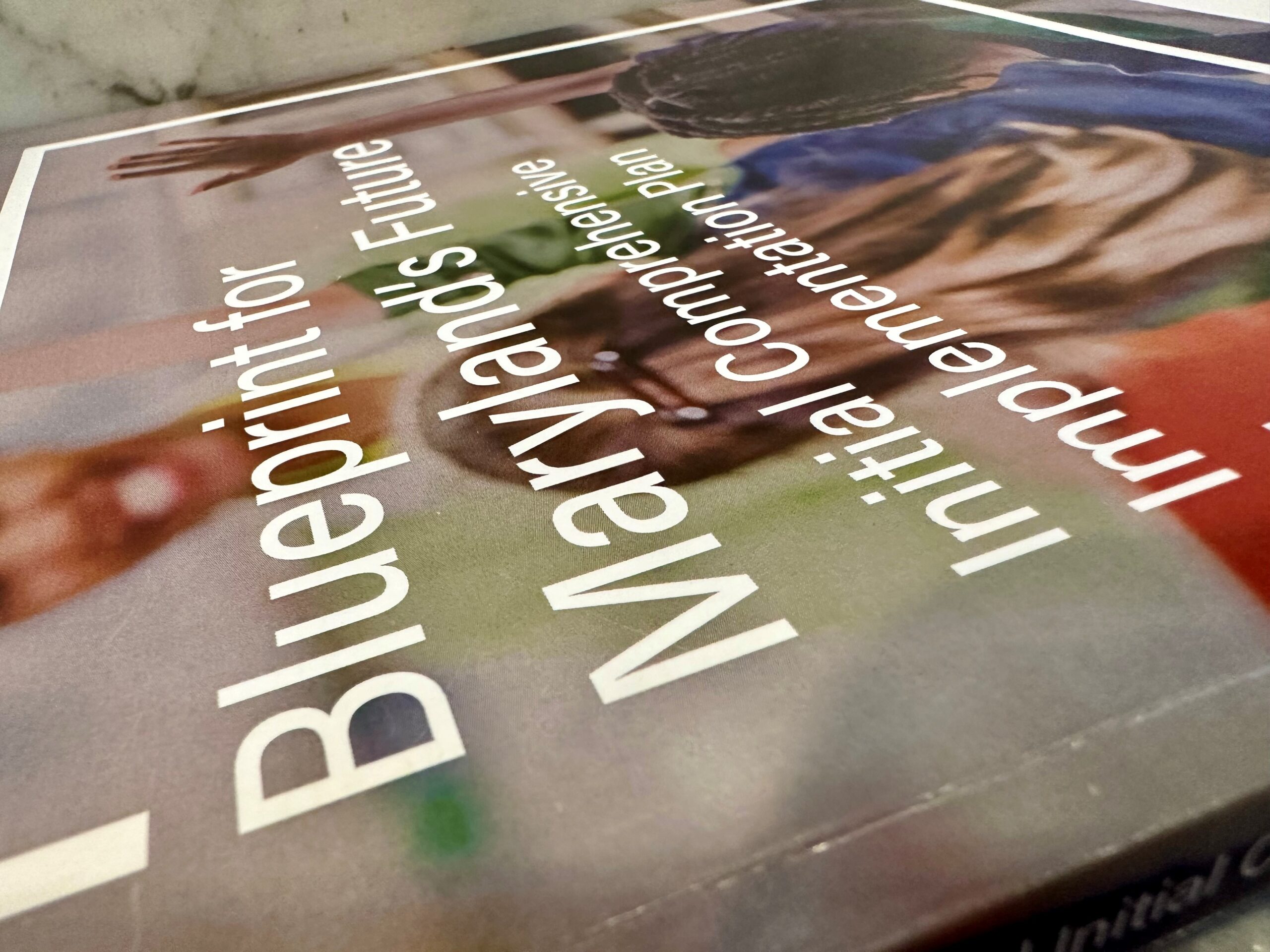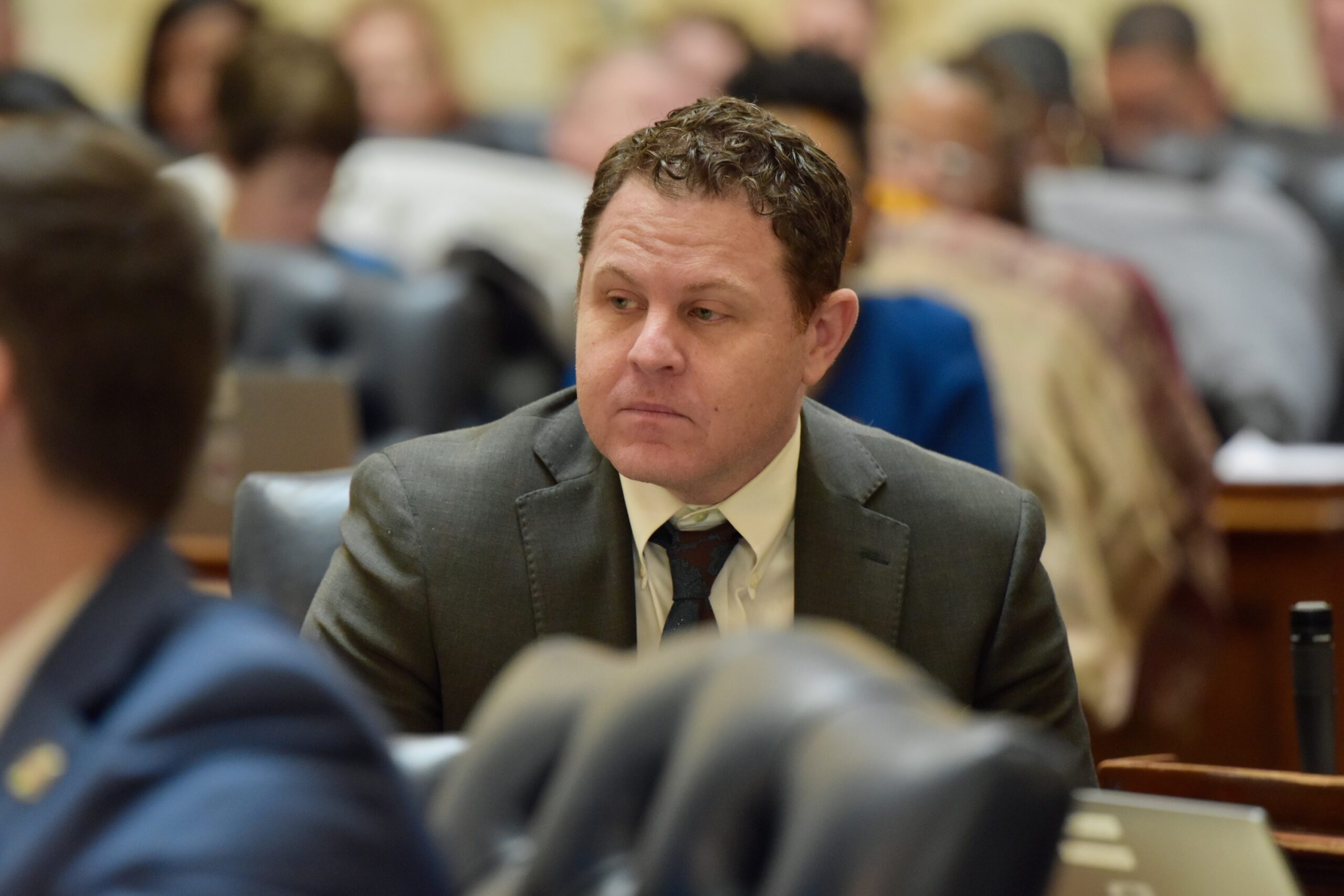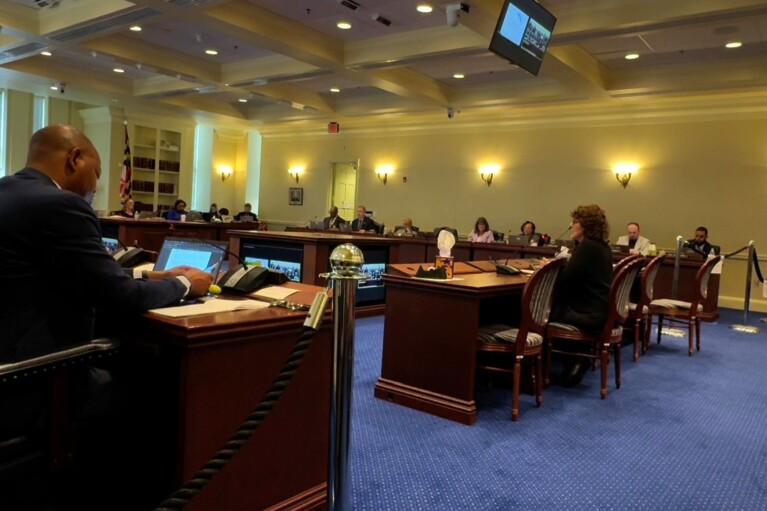Expansion of Good Samaritan Law Aims to Remove Fear of Seeking Help after an Overdose

Rajani Gudlavalleti responded to a drug overdose near her work a few months ago.
She said that bystanders at the scene were “too afraid” to call 911. But, as a member of the Baltimore Harm Reduction Coaltion, this was nothing new for her.
“When I called 911 they [bystanders] said, ‘What are you doing? I gotta get out of here,’ and I said ‘Don’t worry,’ and I … got to educate folks about the Good Samaritan Law and also how the current Good Samaritan Law isn’t exactly what we need if we’re going to really get rid of this culture of fear,” Guldavalleti said. “My experience proves, once again, our community’s deep mistrust of law enforcement.”
Del. Jon S. Cardin (D-Baltimore County) and House Economic Matters Chair Vanessa E. Atterbeary (D-Howard) are seeking to expand the Maryland Good Samaritan Law to increase that trust and change the course of the worsening public health crisis.
The state’s current Good Samaritan Law protects people who are experiencing a drug or alcohol overdose, and those who seek or provide assistance for an overdose, from arrest or prosecution. It protects them from being charged with possession or use of a controlled dangerous substance or paraphernalia and from being charged with providing alcohol to minors.
House Bill 190 seeks to clarify that people suffering from an overdose are also protected from arrest or prosecution and expand the protected offenses to include distribution and possession with intent to distribute and all other misdemeanor offenses if the evidence for arrest or prosecution was collected only because officers responded to an emergency call.
“This doesn’t stop us from investigating situations and then finding out … if there needs to be further investigation,” Cardin said. “What it does is it basically puts a hold on the ability to … arrest somebody or serve a warrant on them at the time that they call for help so we can save lives.”
He also said that the bill would not immunize from prosecution other people at the scene who are not overdosing or seeking help.
Cardin successfully sponsored legislation creating Maryland’s Good Samaritan Law in 2014.
“That bill, while we were very happy with the outcome, is not working as it should and what you will hear from the experts is that there has been an unprecedented, exponential increase in … overdose deaths over the last number of years, especially during this COVID crisis that we’re in,” Cardin told the committee Tuesday.
Overdose rates have increased in recent years.
According to Nancy Rosen-Cohen, executive director of the National Council on Alcohol and Drug Dependence, the number of opioid-related deaths in Maryland increased by 20%, between 2019 and 2020.
Rosen-Cohen also said that “not all law enforcement … follow the spirit of the Good Samaritan law.”
“We have to see this not as a crime scene,” she continued, “We have to see it as a public health crisis.”
Committee Republicans and conservative Democrats are concerned about implications the bill might have on criminal investigations, and how fentanyl fits into the picture.
Cardin told the committee that he has been talking with Maryland State’s Attorneys’ Association Coordinator Steve Kroll about the bill and, while they have yet to come to a consensus, “we are working on it and hopefully we can figure out a way to do it.”
That did not stop representatives from the Maryland State’s Attorneys’ Association from testifying against the bill.
Caroline County State’s Attorney Joseph A. Riley (R) opposed it, stating that other crimes at the scene of an overdose — causing life-threatening bodily injury while driving under the influence, illegal firearm possession or human trafficking, for example — could be immune from prosecution.
“Law enforcement would not be responding but for the call for a medical emergency,” Riley, legislative chair for the Maryland State’s Attorneys Association, said Tuesday. “So all evidence that was gathered was gathered due to the medical emergency.”
Cardin said the legislation’s main objective is to let people know that they won’t be in trouble for making a potentially life-saving call.
“Right now there are thousands of families across the state hoping that you vote to strengthen this law and actually, there are families that don’t even know they need you yet,” Toni Torsch, the founder of the Daniel Carl Torsch Foundation, told lawmakers Tuesday. “I can tell you, by the time you close your eyes tonight and based on recent overdose numbers, there’s going to be at least eight more Maryland families that will lose a loved one to an overdose.”




 Creative Commons Attribution
Creative Commons Attribution